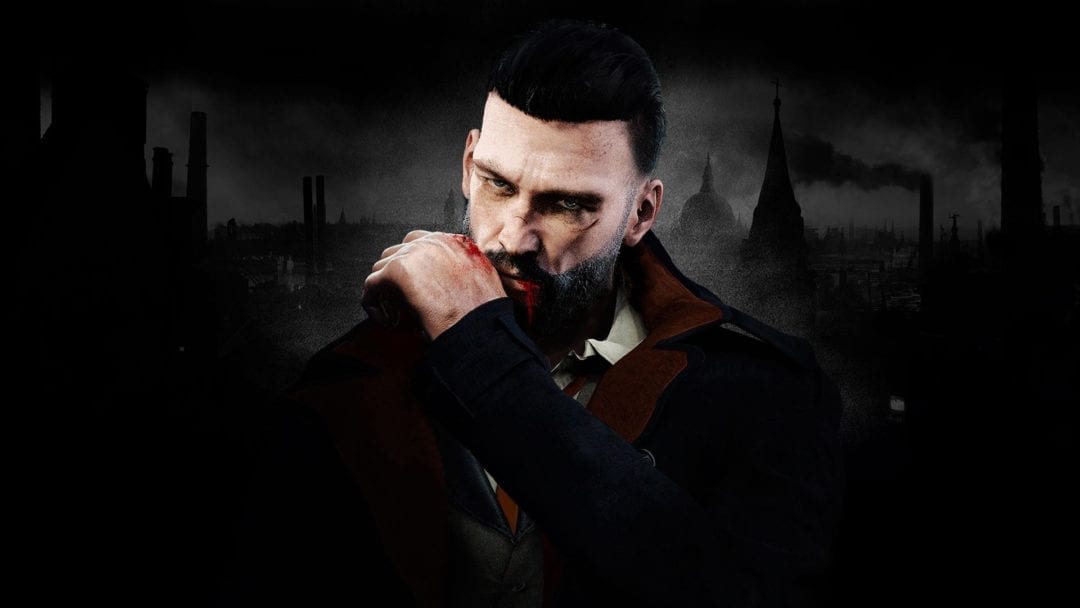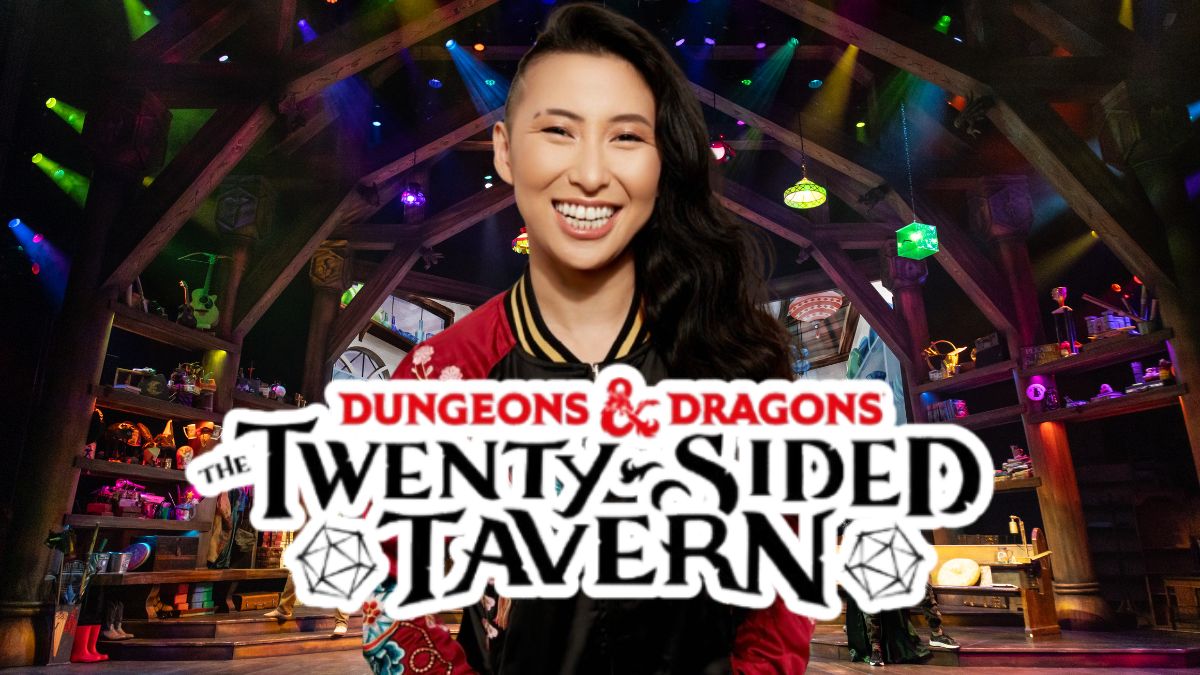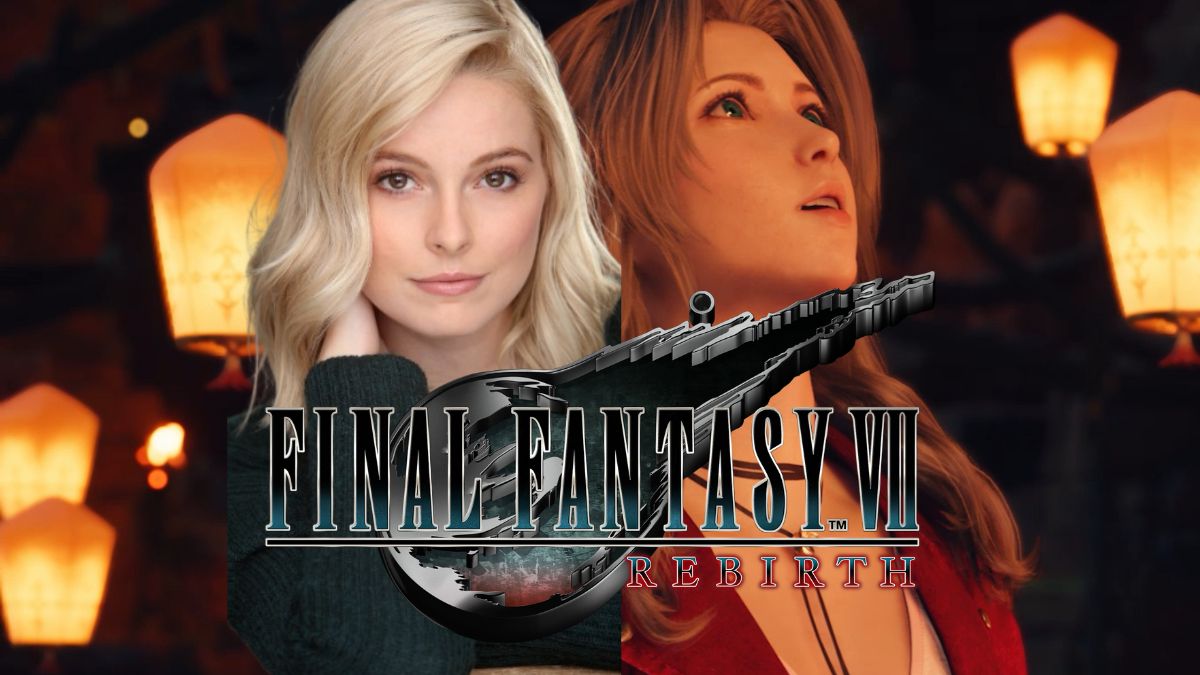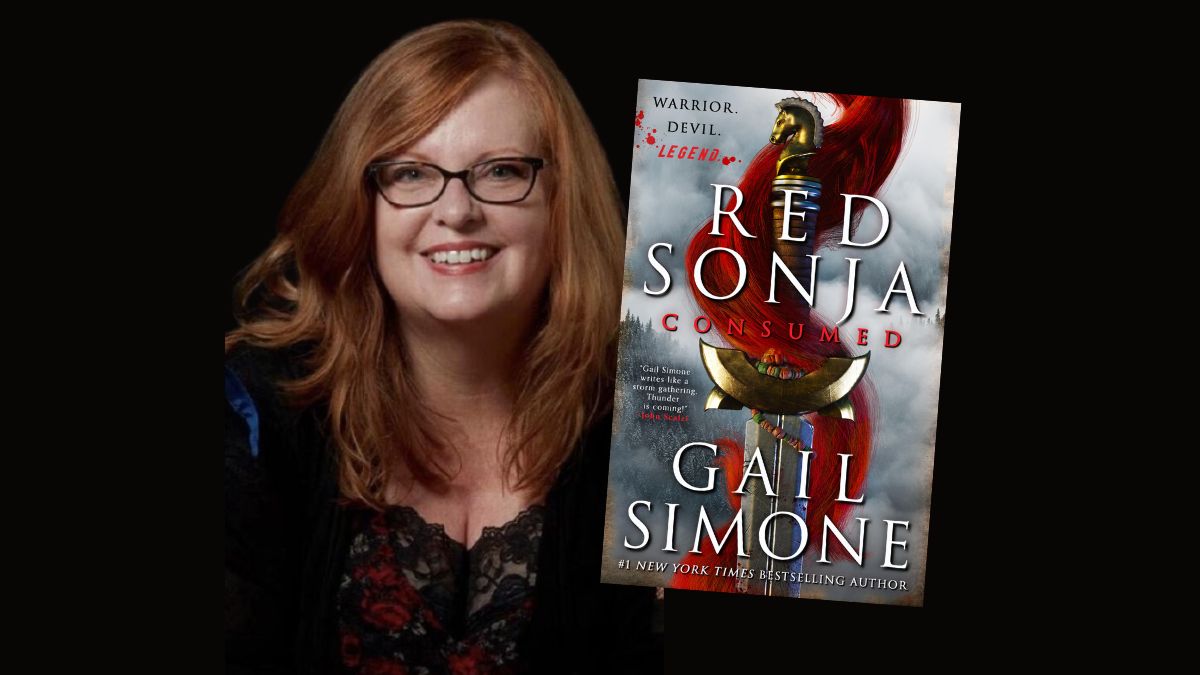Originality is what interests Olivier Deriviere. A veteran composer in the video game industry, Deriviere worked on his first game, survival horror title Obscure, in 2004. Since then, he’s brought his tactile, unique style of composition to games likes Assassin’s Creed IV: Black Flag, Get Even, and most recently, Dontnod’s Vampyr. He is currently composing the score for an upcoming title by Aardman Studios entitled 11-11: Memories Retold. Games have been a lifelong passion for Deriviere, and his candid perspective on the industry often dictates which projects he chooses to work on, and why he chooses to work on them.
What is it about games that appealed to you that first time?
Games are the passion. As a kid I was fascinated by them, and by how you watch the screen and it reacts to what you are doing. They have been mimicking movies and TV shows for a long time now, so it’s like doing an interactive TV show or a movie. It’s not so far from those things, except it’s a walk in the park to score a movie or a TV show compared to games, and people don’t understand why.
Do you mean that nobody knows how to turn their idea into a game?
Yeah, nobody has the right idea. Usually they get lucky.
Is that because of the amount of people involved?
It’s not about that, it’s about the fact that you don’t know what the game is like until you’re done making it. It’s very difficult to know. Usually, let’s say in the case of Assassin’s Creed, because the production is so huge, it’s difficult to have such a level of polish. It’s always a matter of who is making the game, and all the logistical stuff behind it.
Would you say that games are different from other visual art forms in that way?
Yes, you know how to make a movie. I mean, right now if you go and watch any superhero movie, it’s not a movie. It’s a very fine-tuned product. You watch it and enjoy it, it’s entertaining, well crafted, impressive, amazing, whatever you want, but it’s not a movie in the way that we envision cinema. TV shows are the same, almost.
For games, there is no formula, no anything. You can be Bungie and think that Destiny will be a success because they’ve been doing Halo for so many years, but Halo actually started as a strategy game. Then they put the camera in third person, and then first person, and then it became a shooter. It’s crazy if you look at the development, and they still ended up with Halo, which is an amazing game.
Vampyr is your second game with Dontnod after Remember Me. When they released Life Is Strange, were you interested in returning to score that game?
For Life Is Strange, I told them that I wasn’t the right candidate. Maybe it was a mistake because of the game’s success but I don’t feel that at all. The artistic decision that they went for is very different from one that I would support. It’s not wrong, just different, which is what I told them.
I said that if they wanted to try to go the Sundance direction — maybe a little cliché in my opinion, but very effective, and it worked for a lot of people — then it wasn’t for me.
It’s good because it worked, but I had more of a Donnie Darko approach, that’s what I wanted to do in terms of the background music. The score would be different from the actual songs to give another dimension. But there is no right or wrong, it’s just a matter of taste.
What convinced you about Vampyr?
The game is unique. Crazy unique, even though it’s not perfect because it’s the first iteration. Hopefully there might be a second one, in the same way as Assassin’s Creed. The first one was mostly potential, and the second one was the ‘boom’ moment. When I saw what they wanted to do with Vampyr, it was very ambitious. Way too ambitious really, but this is how we like to do things as creators, we like challenges. When I look at working on a game, I don’t look at whether it’s a AAA game or not. It’s rather about the fact that the game is taking a risk, it’s taking something that nobody has done before.
Vampyr is about citizenship. About how citizens work with the actual gameplay. You need to learn about people, to know them, to like or dislike them in order to make them ready to be bitten by you, but you also don’t have to. It’s up to you. If you don’t, the game is harder, and then you’re struggling, and you’re struggling as much as the main character, who is a doctor, not just a vampire.
I can tell you that they surpassed what I thought could be possible. When I played the game, I thought it was great, I called the creative director and I said, “You made it!” Whatever people might think about the game, whatever the bad reviews are, because you always get bad reviews, he made it. I was stunned. It’s very unique, the way you feel in this game. It’s not only the story, but the gameplay. They are both intertwined, and I love that.
From a musical perspective, how did you approach it?
My first concern is the game. You will hear that the music is organic, not only with the environment but with the choices that you are making. For example, if you are in a safe environment the music is wide open, but then when you start talking to people it becomes very intimate. It is seamless, you don’t feel anything.
From a musical perspective, the cello is heard regularly, and uses a lot of reverb, and there’s a lot of industrial and electronic soundscapes. It’s not the usual classical sound, it’s very unique and contemporary, and something that you won’t hear much in games at all, except for this one.
How do you see perception of games and their scores changing?
What I would like is for gamers to understand that we can provide them with a better experience thanks to music. It can be more than just illustrative, emotionally driven, film-like scores, rather it can be more interactive, conveying the player’s feelings and emotions, rather than just those of the characters. I hope in the next few years or in the next decade, players will get a sense of what a game can offer that is so different from the movies that we will no longer try to replicate them.






Published: Oct 30, 2018 04:00 pm